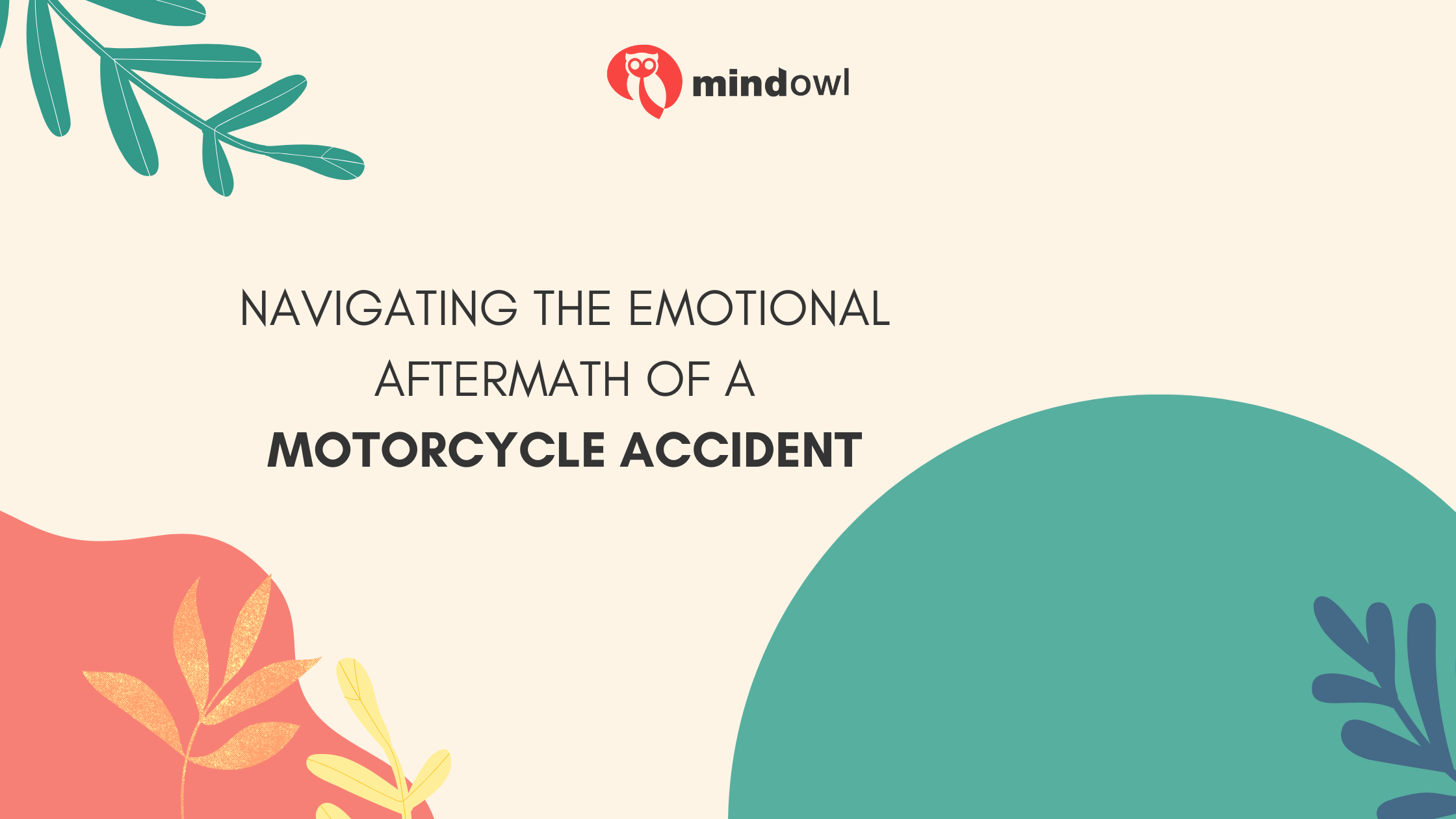Motorcyclists are far more likely to die than car or van drivers – a staggering 24 times more. 6,222 motorcyclists died in 2022, a 23% increase from 2019, and on average, around 5,000 riders die each year.

After the dust settles and the physical injuries of a motorcycle accident start to heal, the emotional aftermath can be just as challenging to deal with. Navigating through the complex feelings, fears, and mental obstacles requires time, effort, courage, and support from friends, family, or even from a motorcycle accident attorney. By understanding the common emotional phases and utilizing healthy coping strategies, you can move forward to recovery and reclaim meaning in your life.
Dealing with Shock and Disbelief
It’s common to experience shock and disbelief. The reality of what happened may feel surreal and you may struggle to process it emotionally. Give yourself time and space to absorb the news. Talk to trusted friends and family who can listen and offer support. Avoid making any major decisions until the initial shock has passed. Be gentle with yourself as you come to terms with the event.
Managing Fear and Anxiety
As the shock wears off, fear and anxiety may set in. You may replay the accident in your mind or become fearful of getting back on a bike. Traumatic events can cause stress reactions like insomnia, panic attacks, and difficulty concentrating. 50% of motorcycle accident survivors with chronic injuries experience PTSD. Don’t hesitate to seek professional counseling to learn coping strategies for managing fear and anxiety. Joining a support group can also help you realize you’re not alone. Talking to a motorcycle accident attorney is important if you are struggling with mental and physical injuries.
Dealing with Anger and Frustration
Anger and frustration are normal reactions after a motorcycle accident. You may be angry at the driver who caused the accident, the injustice of the situation, or even at yourself. Finding healthy ways to process anger is important, like exercising, journaling, or talking to a friend. Don’t suppress your feelings, but avoid taking them out on loved ones. Channel your energy into something positive, like raising awareness about motorcycle safety. Forgive yourself for any self-blame and find closure where you can.
Coping with Guilt and Regret
Even if you did nothing wrong, you may struggle with guilt and regret over things you could have done differently. “What if” thoughts can be overwhelming. Share your feelings with supportive people and consider counseling. Making sense of the accident can help – ask to see police reports and try to piece together exactly what happened. Making amends, like apologizing to loved ones affected, can alleviate guilt. Although hindsight is 20/20, recognizing what’s within your control now is empowering.
Overcoming Depression
Between 20% and 30% of accident survivors develop depression, which needs professional treatment. Symptoms may include withdrawing from others, loss of interest in activities, changes in sleep and appetite, and persistent low mood. Getting screened for depression and starting therapy or medication can help dramatically. Making lifestyle changes like eating healthy, exercising, and socializing can also relieve depressive symptoms. Joining a support group helps you feel less isolated. Don’t be afraid to ask loved ones for support during this challenging time.
Healing from any trauma takes time, self-care, and support. There may be ups and downs along the road to recovery, but you can get your life back. With resilience and courage, you’ll navigate this life-changing event.
MindOwl Founder – My own struggles in life have led me to this path of understanding the human condition. I graduated with a bachelor’s degree in philosophy before completing a master’s degree in psychology at Regent’s University London. I then completed a postgraduate diploma in philosophical counselling before being trained in ACT (Acceptance and commitment therapy).
I’ve spent the last eight years studying the encounter of meditative practices with modern psychology.

